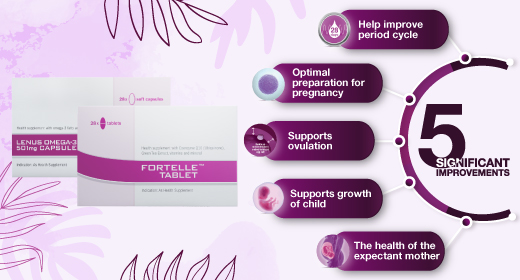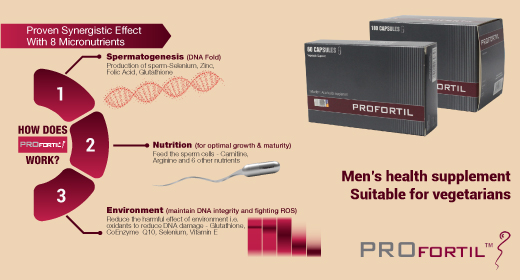The Meaning Behind Conception

Conception is not a medical term but a term that refers to fertilization, when a sperm fertilizes an egg. It happens when a sperm fertilizes an egg. Every woman must have heard this term at least once in their lifetime. It involves a complicated series of steps where everything must fall into place for a pregnancy to be carried to term.
Let’s take a closer look at what conception is all about and its importance in the pregnancy process.
WHAT IS CONCEPTION?
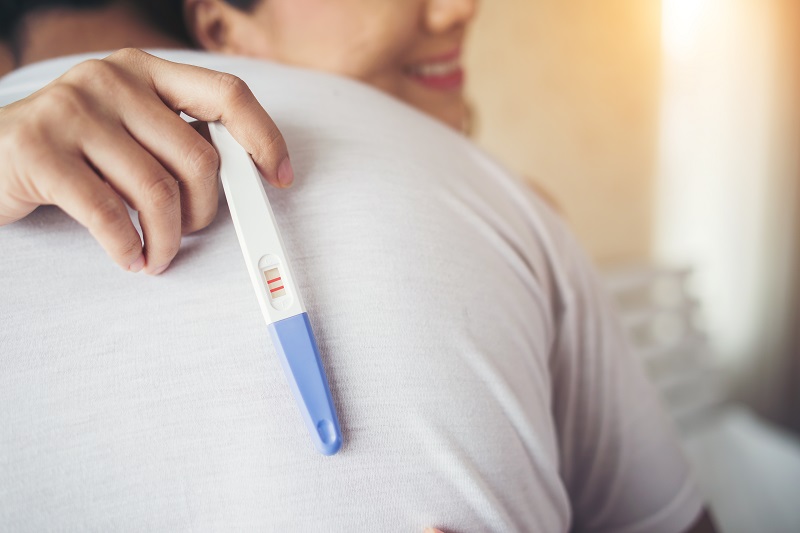
Usually the term ‘conception’ is defined as the moment when a sperm fertilizes an egg which can happen inside or outside of the body (when using IVF).
The successful joining of an egg and sperm may occur hours to days after having sexual intercourse.
During sex, a male ejaculates and releases semen into the vagina. Within the semen are sperm that will travel out of the semen into the woman’s cervical mucus.
Some sperm make it, but many will die before reaching the cervical mucus. The strongest sperm will travel to the fallopian tubes and wait for an egg to fertilize and if the two meet up, conception can occur.
HOWEVER, conception does not always lead to pregnancy.
A person is technically not pregnant until implantation occurs. Implantation is the moment when the fertilized egg implants into the lining of a uterus (around 5-6 days after fertilization). Not all fertilized eggs get to the implantation stage.
An estimated 50% of all fertilized eggs do not implant and leave the body just like unfertilized eggs do, which is during menstruation.
WHEN & HOW
DOES CONCEPTION OCCUR?
Conception can occur just before or after ovulation (the point in the menstrual cycle when the ovaries release an egg). In a regular menstrual cycle, ovulation usually occurs around 10-16 days before a person’s next period. However, the exact day of ovulation often varies especially for those who have irregular cycles that change in length every month.
Fertilization can happen in several ways:
SEXUAL INTERCOURSE
During sex, sperm can enter the vagina, swim up towards the uterus and find its way to the egg.
This can take several days, with healthy sperm surviving inside the body for up to 5 days.
There are two ways conception can take place with this method:
1. You have sex during the 24-hour period you are ovulating
2. You have sex in the days leading up to or right after ovulation

INTRAUTERINE INSEMINATION (IUI)
This involves a doctor inserting sperm into the uterus through a thin tube.
This option is viable for people trying to get pregnant via sperm donation or for those opting for surrogacy.
Surrogacy is when a person other than the biological parents carries the pregnancy.
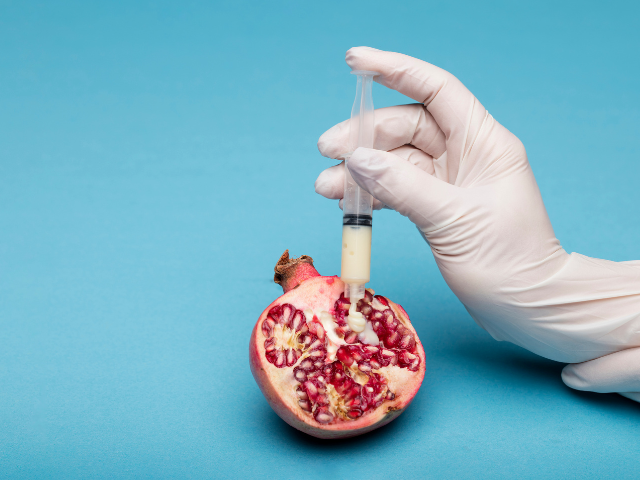
IN VITRO FERTILIZATION (IVF)
This involves a doctor taking sperm and eggs from two people and combining them in a laboratory setting.
Even though IVF cannot guarantee fertilization will occur, it creates the best circumstances possible for it to happen.
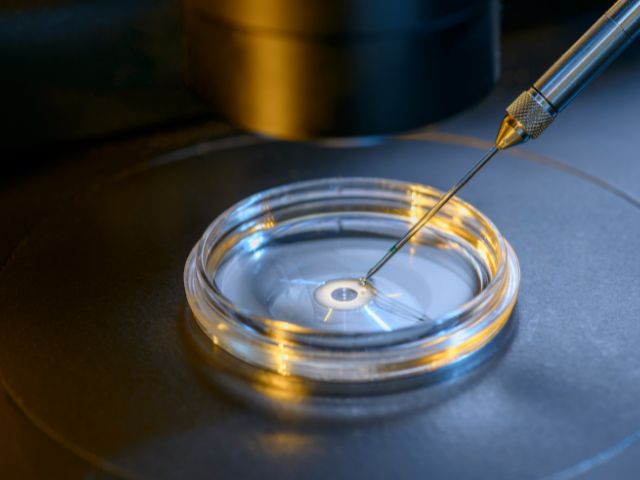
WHY DOES CONCEPTION MATTER?
In the pregnancy process, conception is a critical step.
If a woman does not ovulate, she cannot get pregnant.
The same goes if a man’s sperm is not strong enough to swim up to the fallopian tubes, it will not be able to fertilize an egg and conception cannot happen.
It’s crucial to note that fertility treatments may increase your odds of getting pregnant.
As a woman ages, the chances of getting pregnant decreases. This is because there are about one to two million eggs present in the ovaries at birth and that is the number of eggs you will have during your lifetime.
Over time, fertility can drop as the number of eggs decreases due to follicular atresia. Follicular atresia is the process of breakdown in eggs that are not released during ovulation.
At puberty, the number of eggs will likely drop to about 300,000 to 500,000 and this number continues to decline each year. By the age of 37, the average woman has 25,000 eggs.
The concern does not stop to the decrease of the number of eggs but the quality of the eggs too. As a woman gets older, the remaining eggs are more likely to have abnormal chromosomes.
Age also comes with risks such as uterine fibroids and endometriosis which can affect fertility. All of these factors impact ovulation and will lead to conception difficulty.
In order for conception to take place, it is also important for a man’s sperm to be healthy and able to fertilize an egg. Although several sperm are available to make the trip to the fallopian tube, only one is needed for fertilization. For the man’s part, age also plays an important role to male-related fertility as sperm concentrations, motility and volume decreases as men get older.


